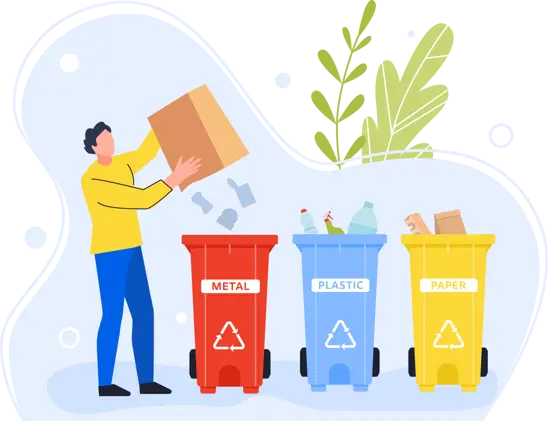
How to Manage Dry Mixed Recycling in Your Business
Most businesses produce a great deal of dry mixed recycling, often referred to as DMR, such as paper, cardboard, plastic waste etc.
Properly managing this waste not only supports sustainability but also helps businesses meet their legal obligations and reduce landfill waste.
The first step for all businesses in implementing effective waste management systems is to understand what dry mixed recycling is, and how to manage it.
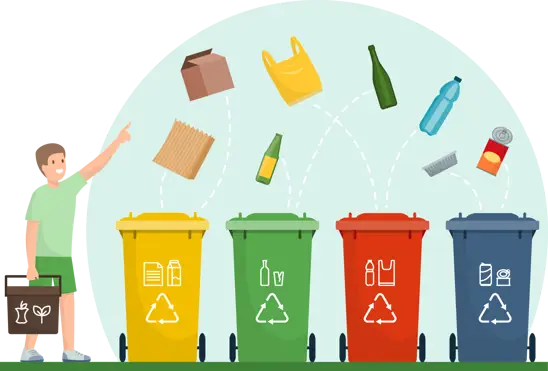
Why Is Dry Mixed Recycling Important For Businesses? Key Takeaways:
1. Dry mixed recycling reduces costs and landfill waste, while promoting sustainability and demonstrating environmental responsibility.
2. It helps businesses comply with legal obligations, avoiding fines and penalties.
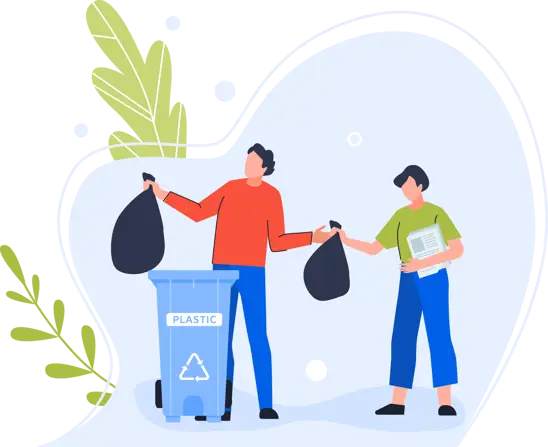
What Is An Example Of Dry Mixed Recycling?
Dry mixed recycling refers to materials that are clean, dry, and free of food waste or liquids including the following:
- Paper (magazines, newspapers, receipts & other documents)
- Cardboard (boxes & food packaging)
- Metal (food trays, cans & foil)
- Plastic (containers, bottles & yoghurt pots)
Businesses can streamline their waste management plans conveniently, without the need to separate waste into multiple bins, as all dry mixed recycling can be stored and collected in a single container.
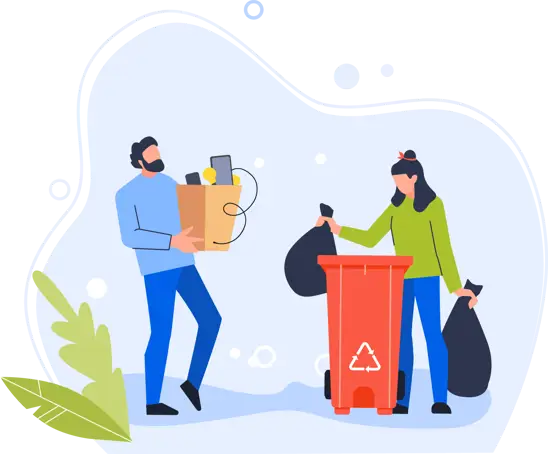
What Cannot Be Included In Dry Mixed Recycling?
There are items which cannot be put in your dry mixed recycling bins, these include the following:
- Food & liquids
- Glass & ceramics
- Polystyrene, wood cutoffs & textiles
- Sanitary waste (nappies, tissues & sanitary products)
- Hazardous waste (batteries, bleach bottles & paint tins)
- Unrecyclable plastics (coffee cups, cling film & plastic bags)
The above materials and substances can contaminate your waste, leading to the rejection of entire loads. Therefore, it is imperative that businesses ensure their teams are aware of the proper procedures and maintain the quality of their dry mixed recycling to avoid disruptions and additional costs.

What Is The Dry Mixed Recycling Process?
The dry mixed recycling process begins with businesses separating eligible materials such as paper, cardboard, plastic, etc, into designated recycling bins.
Once collected by a licenced waste carrier such as WM101, the waste is sorted using advanced technology like conveyor belts, magnets, and optical sorters.
Materials that can be recycled and reused are then sent to manufacturers to be processed into new products.
Why Is Dry Mixed Recycling Important For Businesses?
There are several benefits for businesses in adopting dry mixed recycling procedures as part of their waste management plans, including cost savings, reducing their carbon footprint, demonstrating a commitment to sustainability and compliance with regulatory requirements.
Under the Environmental Protection Act 1990, businesses have a legal obligation to manage all waste produced by them from the generation of waste to disposal, to protect the environment and public health.
Failure to comply with regulations can result in significant repercussions including fines, enforcement action and prosecution where there may be serious breaches.

How Can Businesses Improve Their Dry Mixed Recycling Efforts?
In an effort to promote and maintain proper recycling procedures, businesses should provide clear signage using labels and signs on recycling bins so employees and visitors can identify the correct waste bins for the disposal of dry mixed recycling.
Businesses should also regularly audit recycling to identify areas for improvement ensure compliance with regulations and engage with reputable and licenced waste carriers such as WM101.
At WM101, we specialise in helping businesses manage their dry mixed recycling effectively and our service includes:
- The Provision of Recycling Containers
- Regular Collections
- Compliance Support and Waste Audits
- Custom Waste Management Plans
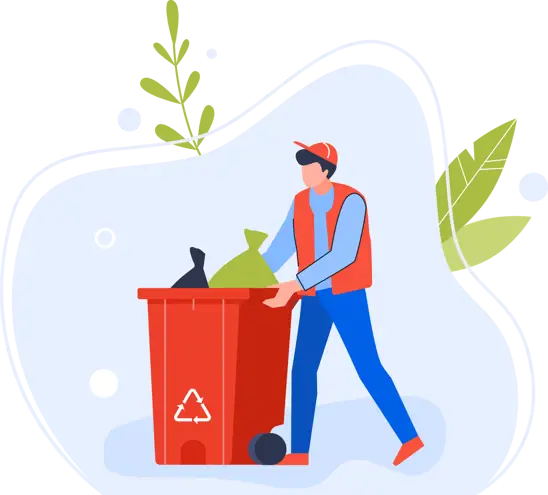
Why Choose WM101 For Dry Mixed Recycling Needs?
At WM101, we understand that effective waste management is essential for operating a responsible and sustainable business.
Our team provides expert guidance to keep you informed about the requirements and best practices for dry mixed recycling and proper waste disposal.
We offer reliable, tailored collections to meet the unique needs of each client and are dedicated to staying up to date with the latest industry standards. This ensures our clients have peace of mind, knowing their waste is managed responsibly and in full compliance with current legislation.
For more information about our dry mixed recycling services, or other waste management services, contact our team today via our contact form, or give us a call on 0162981700.
18/12/2024